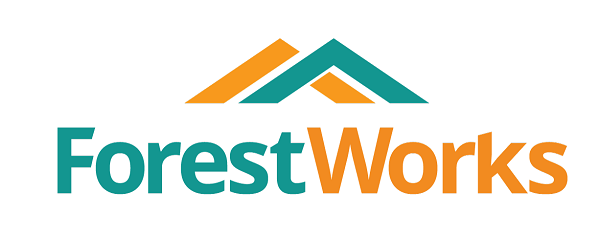FOLS for RTOs and Trainer/Assessors 
RTO’s and trainer/assessors can register with FOLS. This enables them to:
- Have their contact details available on the FOLS website as a resource for industry seeking to complete training
- Participate in ForestWorks assessment moderation activities
Registered trainers/assessors need to provide the following to be registered on FOLS:
- A current FOLS showing they are qualified and current in the units that they deliver to learners
- Are linked/employed by a registered training organisation (RTO)
- Have a history of delivering quality training to industry by providing two testimonials from industry
The trainer/assessor fee is $335 per annum. If an RTO is paying for their trainers/assessors, the fee is capped at $1,675 per annum (which is equivalent to 5 trainers).
Click here to download the application form.
FOLS: Ask your RTO about the difference between NOHSC and National Competencies
ForestWorks has verified the skills of thousands of forest operators. All of these operators supply evidence of their training and assessment that is stored on their file. Some of this evidence comes from training in NOHSC modules. The problem with NOHSC is it is not equivalent to a Unit of Competency from a nationally recognised training package.
So you’re probably asking, “what’s the difference?”
Units of Competency are part of nationally recognised training packages developed and updated regularly by Skills Standards Organisations (SSOs) in close consultation with industry, training providers and State and Federal Governments. Training packages are then endorsed by the Australian Government and state and territory governments and approved for use throughout Australia. The training is delivered by registered training organisations (RTOs) that have been accredited and monitored by the Australian Skills Quality Authority (ASQA). This is a rigorous training system and parts of it may attract government subsidies for delivery.
NOHSC modules were developed by the National Occupational Health and Safety Commission (NOHSC). For many years, NOHSC provided a leadership role for workplace health and safety in Australia. In 2005, the NOHSC was succeeded by the Australian Safety and Compensation Council, which was in turn succeeded by Safe Work Australia. Prior to the modernisation of the workplace training system, some training providers developed their own courses against the NOHSC standards. These courses were often well regarded by industry. However, with the abolition of NOHSC in 2006 and the new role of Safe Work Australia, there is no mechanism to update these standards to make sure that they remain modern and nationally accredited.
Safe Work Australia sets standards on how to maintain workplace safety for all industries in Australia. Skill Service Organisations (SSOs) develop training standards as part of a regulated training system.
The final question is “so what unit should I be doing?” In general, most forest managers seek units from the nationally recognised training package. However, you should check with your forest manager or employer, or the business that is asking you to demonstrate your skills. They are the best organisation to tell you exactly what you need. Another source of information is your training provider who can advise you on options.
